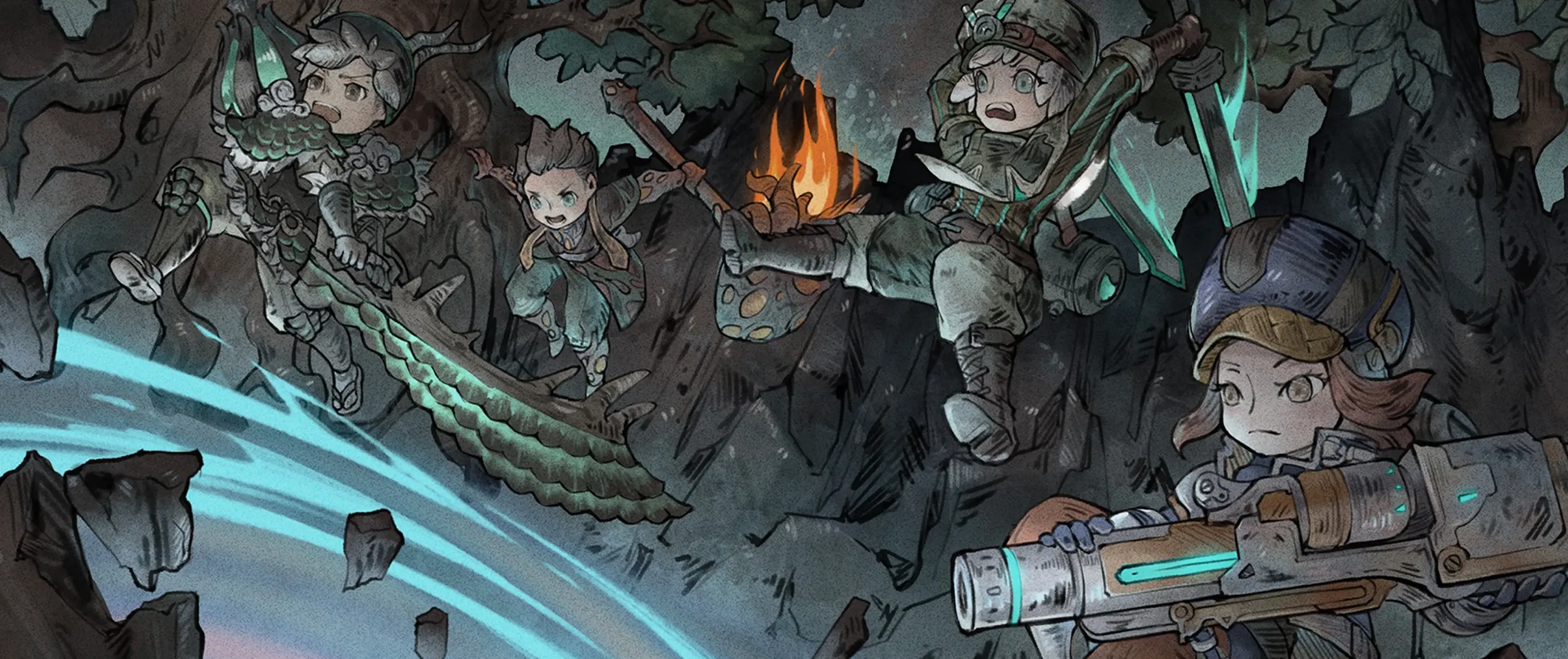Data analytics is fast becoming one of the most important aspects of indie game marketing and ensuring success for indie games. So, what do we mean when we talk about data analytics? Essentially, we are talking about the numbers behind a game, marrying together proper market research and marketing strategies to create an optimum plan to bring success to your game. In this article we will take a look at what kind of data video game developers can look at to maximise their games’ chance at success, and how data analysis can be effectively applied when marketing an indie video game.
What does Data Analytics Look Like for Indie Game Developers?
When we talk about data analytics what we are talking about is looking at the facts and figures surrounding a video game and the market in which it sits and analysing those numbers in order to craft a perfect indie game marketing strategy. You might have heard the term "Big Data" before. This is essentially what data analytics is – understanding and using large amounts of information to best optimise your profit margins or marketing strategy for a indie game, including data from within your game and within the wider market.
Data analysis can be used in many different ways, from conducting market research on potential customers all the way through to analysing stats during live gameplay, with things like an individual's playing time being valuable when it comes to gauging interest in a particular title.

Some of the ways that data analytics can be used by indie game developers include:
- Creating better customer segmentation strategies and targeting marketing campaigns to the correct audience. For example, if you were developing games in the adventure genre your data might show that players in Southeast Asia are more likely to purchase such titles than those from Western Europe - so you would tailor your marketing strategy accordingly.
- Optimising game development by understanding which features work best or knowing what content users engage with most often (and therefore should receive priority updates). Knowing this information helps create an engaging experience for gamers who want something fresh on a regular basis!
- Conducting market research as mentioned above – looking at demographics like age, gender, location etc., gauging interest levels and using the data to predict conversion rates within certain categories.
- Carrying out your own market research by collecting feedback from gamers in beta tests, stress tests and even data gathered through social media.
How can these Numbers be Analysed and Applied?
When looking at data and analytics it is important to contextualise the numbers that you are looking at and to understand the value of the data to your title. If you carry out proper market research, it will provide you with the data and analytics that are relevant to your game. The numbers should be analysed in order for them to have a purpose within your indie game marketing strategy, rather than just looking at the raw figures themselves.
Speaking about beta tests as an example; if during one week of testing two out of ten people who play your title purchase or wish list it, then looking at this number alone is not good enough because a conversion rate cannot be predicted. There needs to be additional information such as age group or country location etc., before any conclusions can be drawn – which would then allow you to gauge interest levels by region (i.e whether more gamers abroad were interested in purchasing or more gamers over the age of 16 etc).
Using market research data gathered through social media platforms like discord and Facebook can give you a real-time view of what is happening with your game, as well as insights into who your target audience are. Gathering your own data in this way and then offsetting your data against wider market research data will give you a good idea of how your game compares with other, similar titles and help you work out the niche pockets that your game can fill in the market. Utilising different marketing strategies, like using an advertising campaign on Facebook, Twitter or Reddit and then comparing results, click through rates and conversion rates will provide you with useful information.
Summary
In summary, data analytics may sound like a daunting thing when it comes to marketing your indie game, but it opens up a world of opportunity in terms of gathering information to construct your marketing strategy. Doing proper market research, looking at the facts and figures surrounding similar games to your own will give you a good place to start with your marketing plan. Backing this data up by conducting your own market research through things such as hosting beta test events, running ad campaigns on different platforms and to different target audiences and collecting data from social media will allow you to create the perfect market plan. Good usage of data analytics with allow you to best plan out your other marketing strategies like influencer marketing and paid media campaigns, which will result in your game having the best possible chance of being successful.
Want to know more about how you can use data analytics to help market your game? Then contact The Game Marketer down below!



